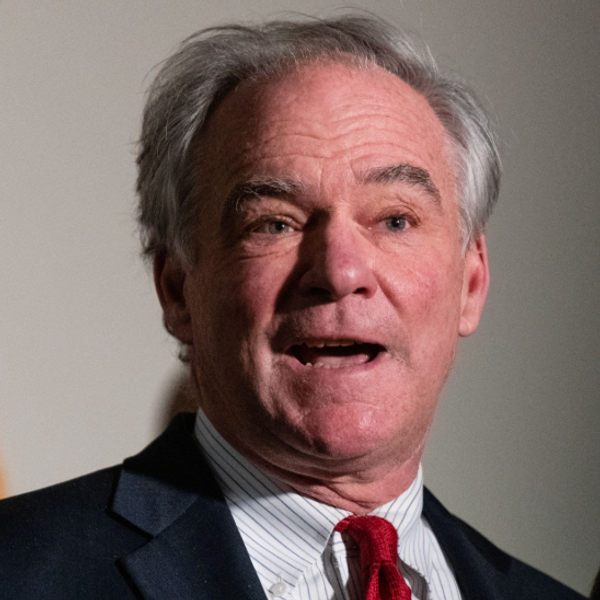
After half a century, the March on Washington has moved into the historical record as a courageous but hardly radical event. It is widely remembered for Martin Luther King’s brilliant extemporaneous riffs on “I Have a Dream.” But even a peaceful assembly by “Negroes,” as black Americans were then known, was a dangerous idea in a volatile era.
President John F. Kennedy was dead-set against it, and protest planners were careful about choosing their allies for fear of informants to the Kennedy administration and his Federal Bureau of Investigation. Civil rights leaders formally demoted their best strategist, Bayard Rustin — though he continued to do most of the work — because he was openly gay and a one-time Communist, either of which would have been ammunition for those who wanted to derail the civil rights movement.
The march succeeded, though, perhaps beyond its organizers’ wildest dreams. A solemn demonstration of the power of black Americans’ simple plea for full citizenship, it proved to be one of the pivotal episodes of the civil rights movement. Its success in setting the stage for the Voting Rights Act shaped politics for the next 50 years, helping to propel President Barack Obama into office.
In the current political climate, it’s easy enough to minimize the remarkable progress toward full equality that the nation has made since 1963. It’s true that racism lives on, re-energized by pandering politicians and media demagogues. The criminal justice system is replete with discriminatory practices. Pernicious stereotypes still shadow the lives of black Americans.
Most damning, black workers have come no closer to closing the economic gap than they had in 1963. The Washington Post recently cited figures from the Economic Policy Institute showing that the unemployment rate was 5 percent for whites and 10.9 percent for blacks 50 years ago. The yawning gap remains today, with unemployment at 6.6 percent for whites and 12.6 percent for blacks, according to the Post. Furthermore, over the past 30 years, the average white family has gone from having five times as much wealth as the average black family to 6 1/2 times, the Post said.
Still, it’s disrespectful to those hardy and brave souls who stood on the Mall 50 years ago to suggest that little has changed. The nation has undergone a remarkable transformation in five decades, as the two elections of a black president attest.
Black men and women now hold positions of influence and authority throughout academia, business and the professions. They lead the U.S. armed forces. They are cultural icons, some so popular they are known simply by their first names.
The everyday interactions of Americans from different racial and ethnic groups have changed, as well. Interracial marriage is broadly accepted, and biracial children are a growing part of the population. Schools may not be as well-integrated as King had dreamed, but they are much more diverse than they were 50 years ago. So are churches and civic clubs.
Even the angry backlash by Tea Partiers and other sectors of the far right is a sign of changing times. Much of the hysteria that is lathered up by right-wing talk show hosts such as Rush Limbaugh is a last surge of protest by an aging demographic: older whites who resent or fear the changes fostered by the civil rights movement. The country is growing browner, and by mid-century, whites will no longer constitute a majority of the population. As a voting bloc and cultural influence, their power is waning. And they know it.
The good news is that younger whites are much more likely to embrace diversity, to accept cultural change, and to support the nation’s civic creed of full equality for all, regardless of race, religion or sexual orientation. Polling data show they diverge from the views of their parents and grandparents on many social issues.
Of course, younger Americans will have their struggles, too — their bitter disagreements and their political challenges. And they will have to tackle the economic injustices around which King planned his last crusade.
But they seem less likely to forge a future cleaved by color, and that’s worth celebrating.
(Cynthia Tucker, winner of the 2007 Pulitzer Prize for commentary, is a visiting professor at the University of Georgia. She can be reached at cynthia@cynthiatucker.com.)
Photo via Wikimedia Commons








